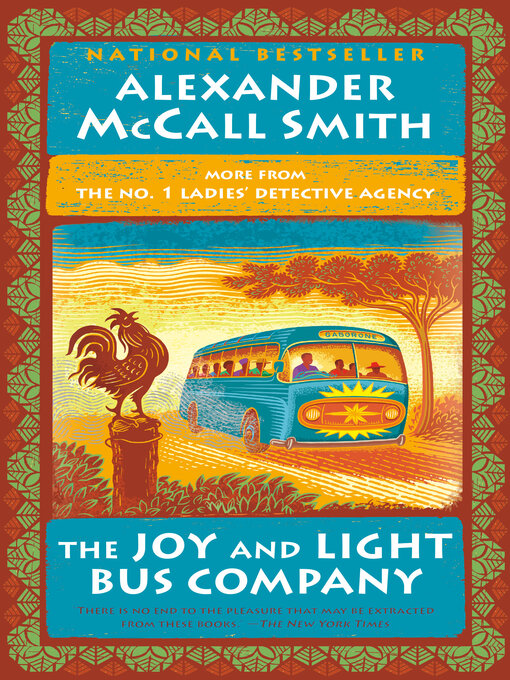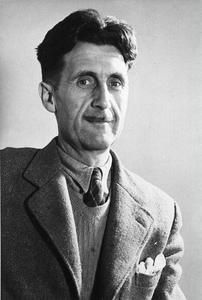It may just be the second novel, but already Bertie has decided that Jeeves is past his prime. And so when his old pal Gussie Fink-Nottle needs help popping the question to Madeline Bassett, Bertie decides this is a job he must tackle himself. And then Bertie is summoned by Aunt Dahlia because her daughter's engagement to Tuppy Glossop, another pal, is on the rocks. Of course, Aunt Dahlia really wants Jeeves, not Bertie, to resolve the crisis, but again Bertie believes he is the right man for the job.
Of course, things go from bad to worse until Jeeves is finally called in to save the day. Bertie admits he needs help only when he unexpectedly finds himself engaged to Madeline and a drunken Gussie proposes to the wrong girl.
This novel doesn't have as many funny lines as a typical Wodehouse adventure, yet the humor is all there as always, just not as quotable. Jeeves's final solution to all problems, not just the romantic ones, involves having Bertie pointlessly ride 18 miles on a bicycle in the middle of the night. How can Bertie's midnight ride possibly solve all problems? Only Jeeves — and, of course, P.G. Wodehouse — could imagine it. But we can all enjoy it.












